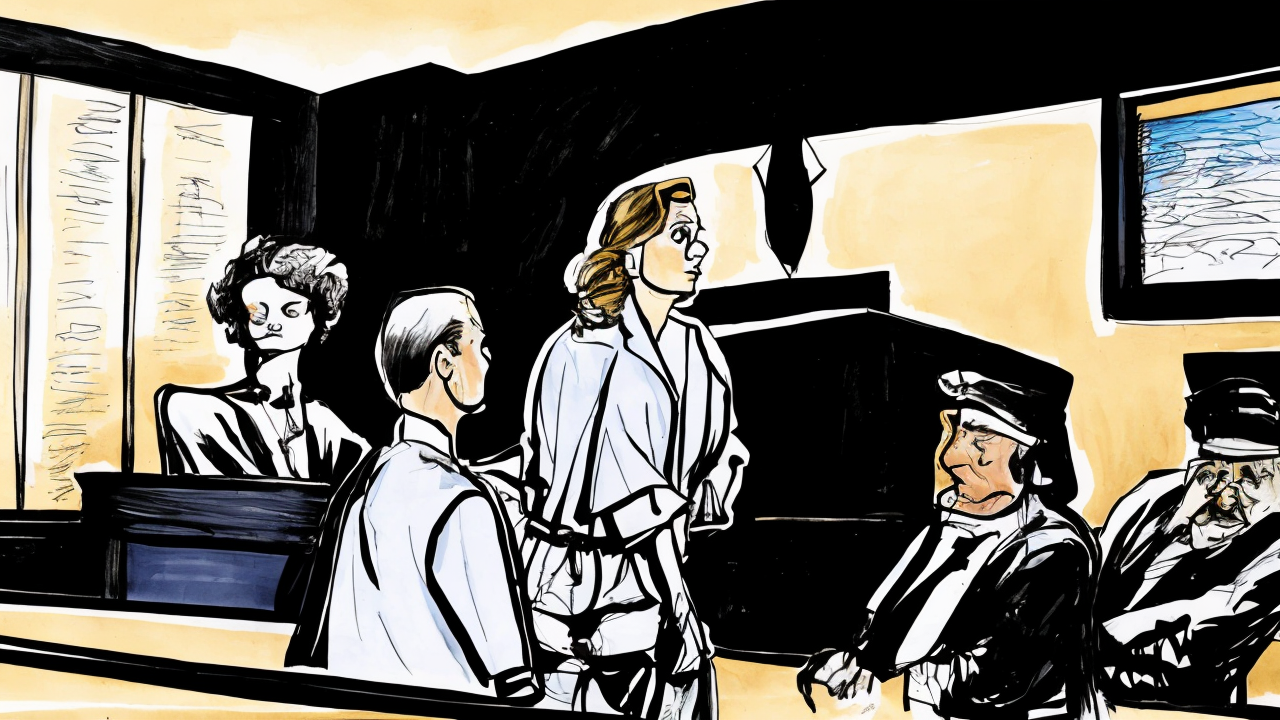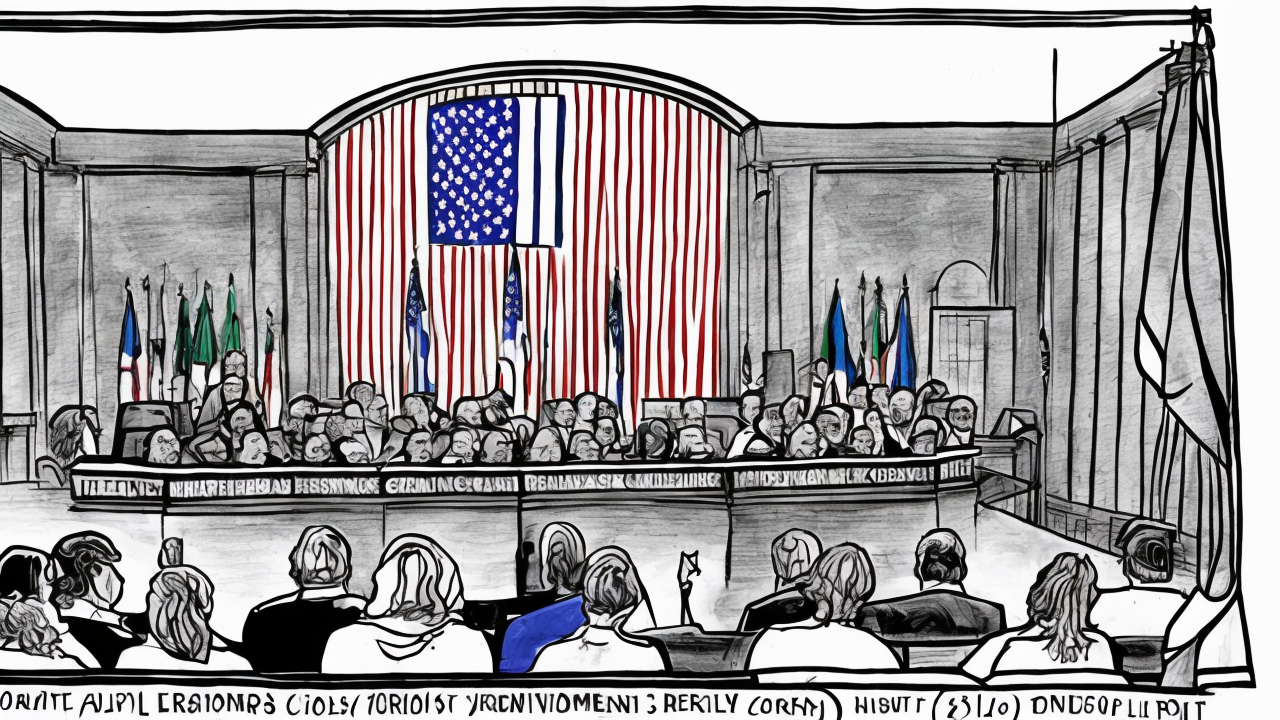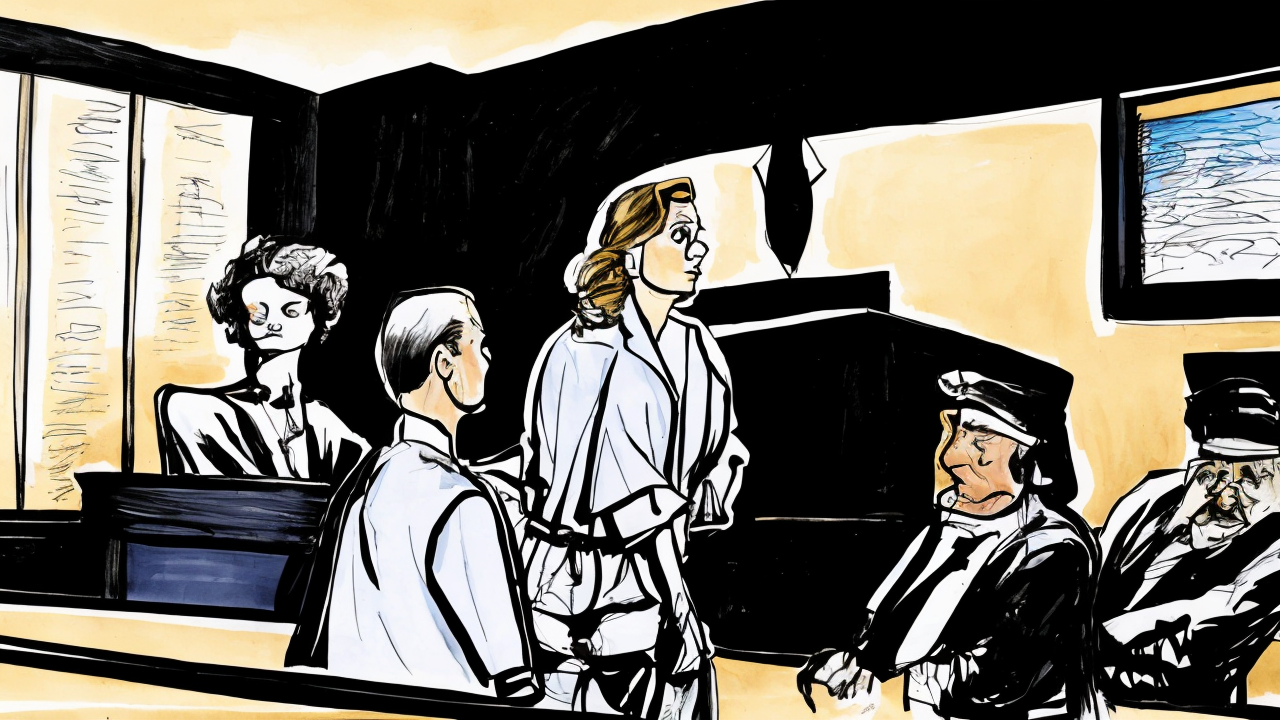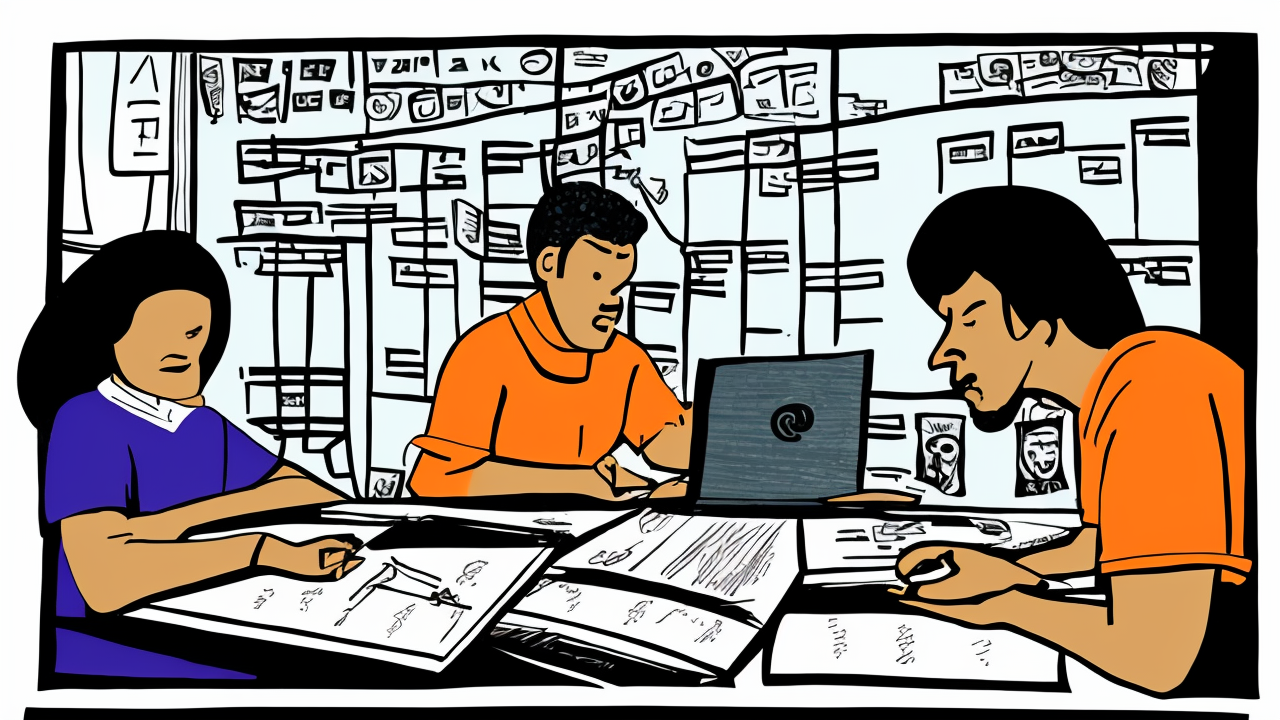Healthcare Professionals Face Increased Scrutiny as Ethics and Accountability Take Center Stage

Recent legal developments and publicized cases have brought growing scrutiny to the conduct of healthcare professionals across the United States. While some of these cases stem from high-profile legal battles—such as the appeals court decision reversing a $200 million verdict against Johns Hopkins All Children’s Hospital—others reveal deeper issues within the medical field. The Netflix documentary Take Care of Maya amplified concerns about medical decision-making, due process, and the balance between patient care and institutional overreach. These events are not merely legal footnotes; they reflect a broader challenge to the foundational trust that patients place in their caregivers.
In Oklahoma, a man was arrested for assaulting a nurse, a reminder that healthcare workers are not immune to violence. In South Carolina, a woman was sentenced to five years in prison for running an unlicensed facility that harmed vulnerable adults. These cases underscore the need for oversight, not just in facilities, but in the individuals who operate them. An Iowa nurse who stole more than $115,000 from a patient and later surrendered her license demonstrates how personal greed can exploit a system meant to serve others. Such actions erode the public’s confidence in medical professionals and damage the reputation of an entire profession.
In Texas, Dr. May Lau voluntarily relinquished her medical license after allegations of providing gender-affirming care to minors. While the circumstances of her case remain complex, it raises important questions about the boundaries of medical practice and the responsibilities that come with the authority to treat children. When medical decisions involve irreversible treatments for minors, the stakes are exceptionally high. The principle of “first, do no harm” should remain central, not secondary to ideological trends.
Further troubling developments have emerged in Michigan and Maryland. Dr. Syed Muhammed Zaid Alvi faced criminal charges for attempting to meet a minor, and three new lawsuits were filed against Dr. Oumair Aejaz over allegations of sexual abuse. A Baltimore psychiatric hospital employee was charged with second-degree rape, and a North Dakota nurse lost his license following accusations of sexual assault. These cases are not isolated—they point to a systemic failure in screening, monitoring, and enforcing professional conduct.
Meanwhile, an Indiana nurse practitioner was charged with writing fraudulent opioid prescriptions, a reminder that the opioid crisis is not only a public health issue but also a matter of professional ethics. When medical credentials are used to enable abuse, the entire system suffers. Patients rely on trust, and when that trust is broken, the consequences are far-reaching.
The solution lies not in dismantling the healthcare system, but in reinforcing its moral and legal foundations. We must ensure that background checks are thorough, that reporting mechanisms are accessible and effective, and that disciplinary actions are swift and meaningful. Accountability should not depend on media attention or political pressure. It should be built into the fabric of medical practice.
Ethical standards must be upheld consistently, regardless of trends or popular opinions. Medicine is not a domain for personal experimentation or ideological expression. It is a vocation rooted in care, responsibility, and the protection of life—especially the lives of the young and vulnerable.
America’s institutions depend on integrity. When healthcare professionals fail in their duty, the damage extends beyond individual patients. It weakens public confidence in all professions and undermines the social fabric. Restoring trust requires more than policy changes; it requires a cultural commitment to honesty, discipline, and justice.
The time to act is now. Not after another scandal, but before one occurs. By holding individuals accountable, protecting the vulnerable, and upholding timeless ethical principles, we can rebuild the integrity that has long defined responsible medical care.
Published: 10/30/2025








